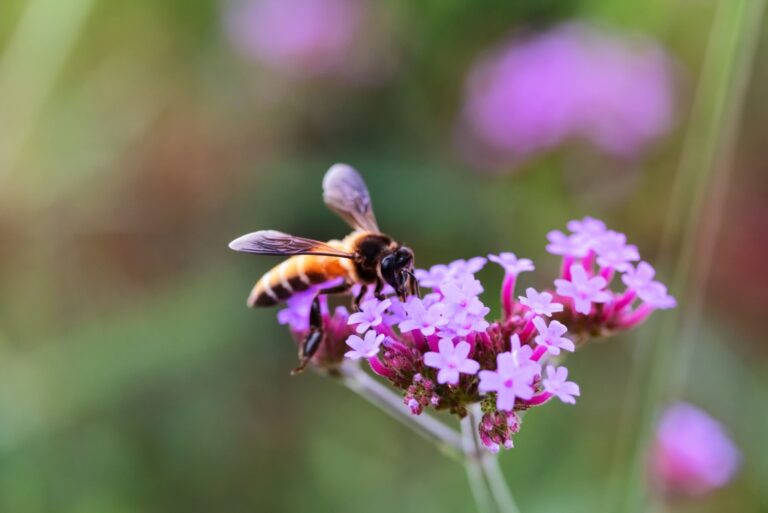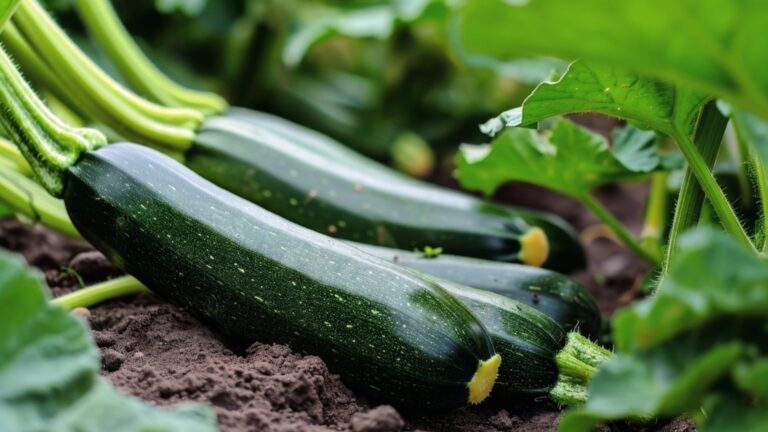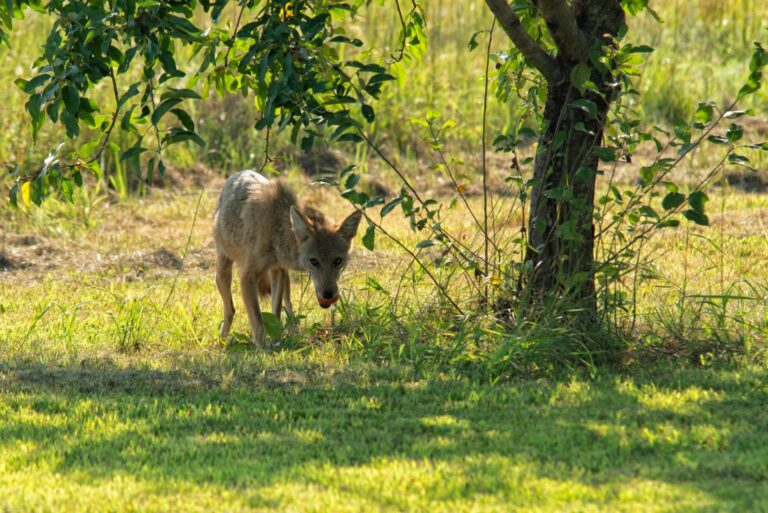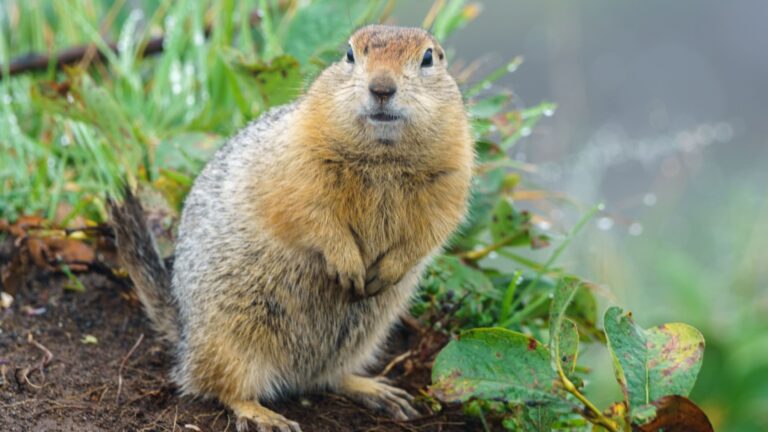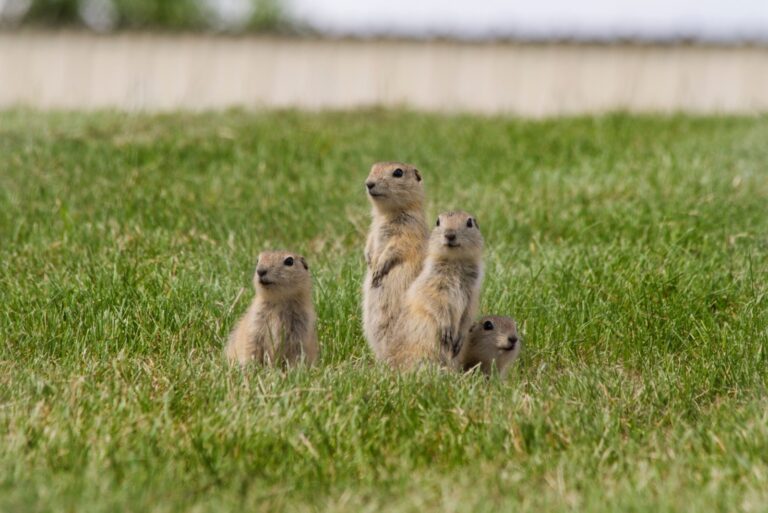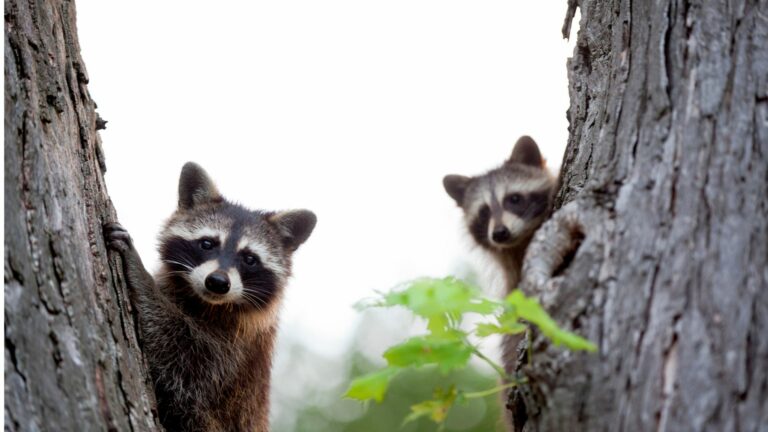8 Things Georgia Homeowners Should Know Before Removing Possums From Their Yard
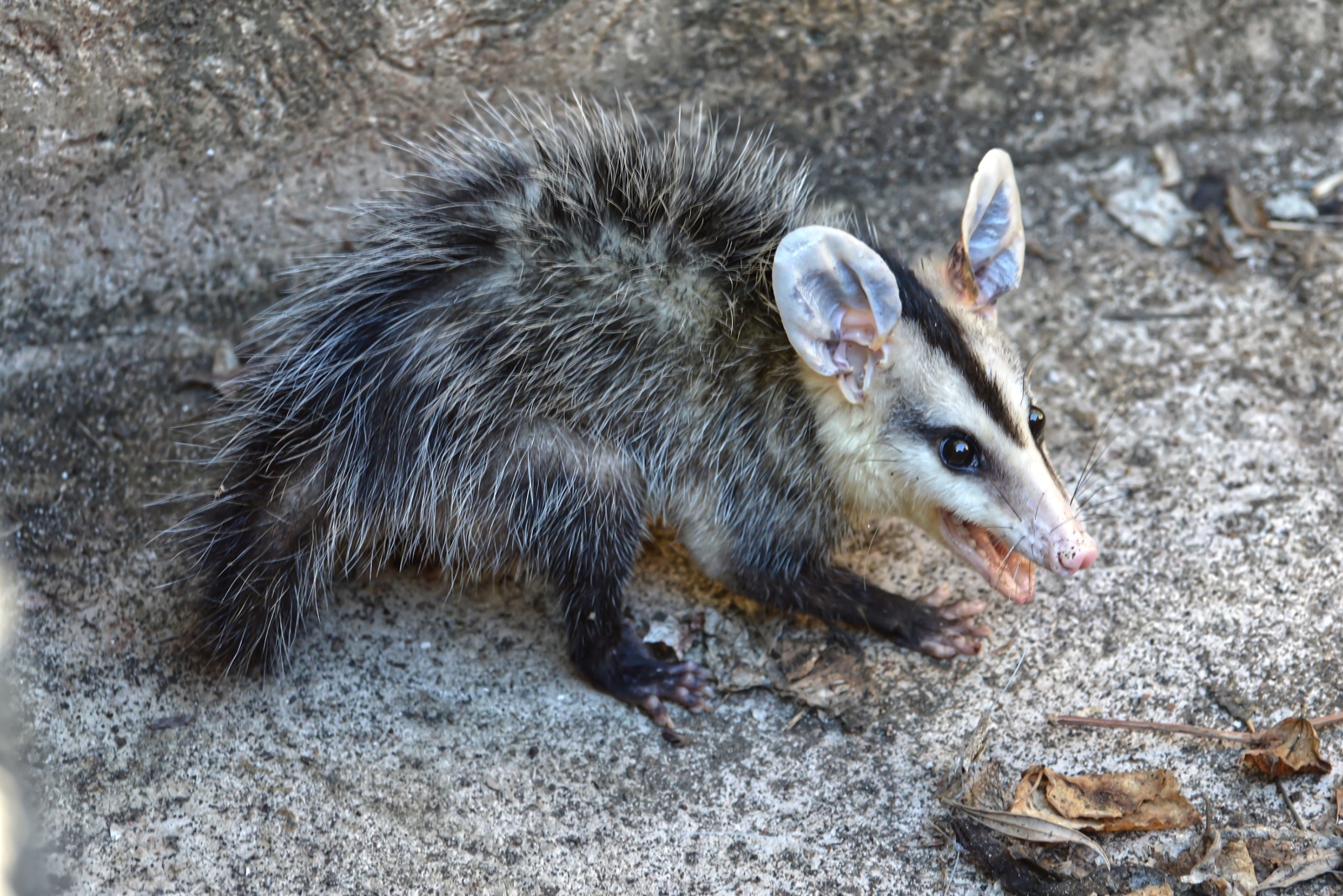
Possums are common visitors in Georgia yards, often wandering through gardens at night looking for food. These nocturnal marsupials interact with our gardens in ways many homeowners don’t realize, sometimes helping and other times causing frustration.
Before you decide to remove a possum from your property, there are important things every Georgia homeowner should understand about these unique backyard wildlife neighbors.
1. Nature’s Pest Control Squad

These marsupials are actually your garden’s secret allies! A single possum can devour thousands of ticks each season, helping control populations of these disease-carrying pests in Georgia yards.
Beyond ticks, they consume mice, rats, cockroaches, and even snakes. I used to set traps for rodents until I noticed the possum visiting my compost area regularly – suddenly my mouse problem disappeared.
Georgia gardeners benefit from this free pest management service without realizing it. Rather than seeing possums as problems, consider them unpaid exterminators working the night shift in your yard.
2. Your Garden Produce And Possum Appetites
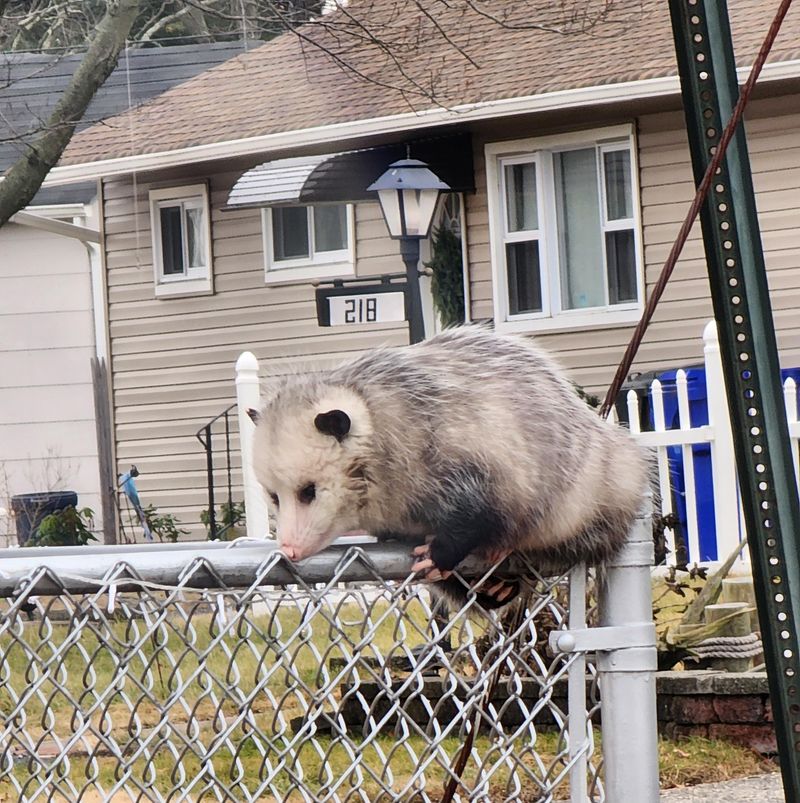
Contrary to popular belief, possums rarely damage vegetable gardens extensively. They prefer fallen fruits rather than climbing to pick fresh ones, acting more like cleanup crews than thieves.
Last summer, I watched one carefully picking up rotting peaches beneath my Georgia tree – preventing fruit flies rather than causing problems. Their omnivorous diet means they’re opportunistic but not typically destructive.
Securing compost bins and picking up fallen produce will reduce unwanted visits while allowing them to patrol for pests elsewhere in your yard.
3. Georgia Wildlife Laws Protect These Marsupials
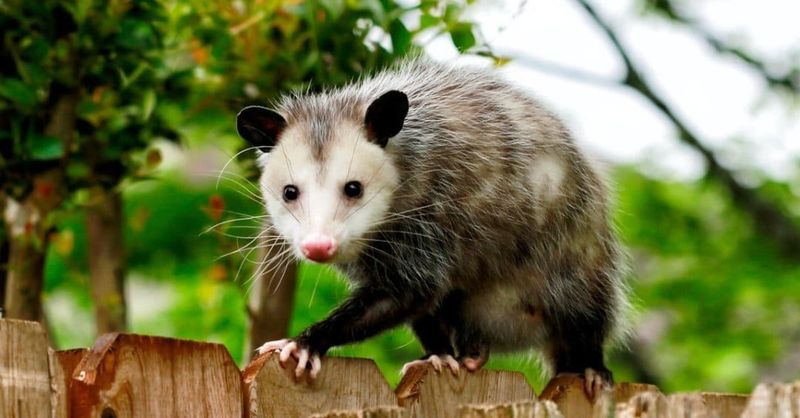
Many Georgia homeowners don’t realize that possums enjoy legal protection under state wildlife regulations. Trapping and relocating without proper permits can result in fines.
The Georgia Department of Natural Resources requires specific handling procedures if removal becomes necessary. When my neighbor improperly trapped one last year, he faced unexpected legal consequences.
Before taking action, contact local wildlife officials for guidance. They can provide information about legal removal options or suggest deterrents that keep you within compliance while addressing your concerns.
4. Garden Soil Helpers, Not Hinderers
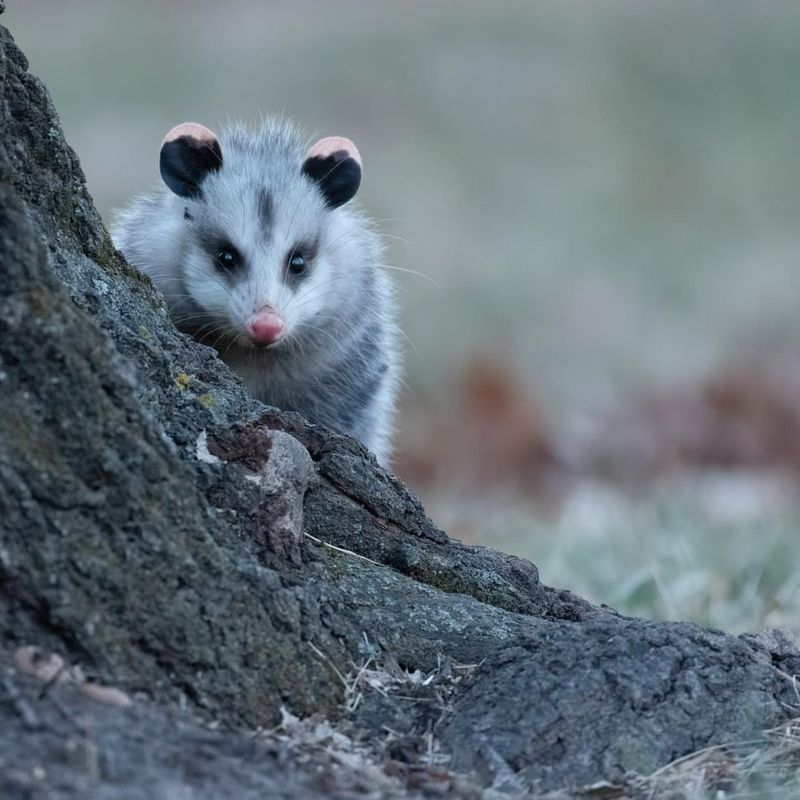
Few Georgia gardeners realize that possums contribute positively to soil health. Their foraging behavior aerates soil as they dig for grubs and insects, creating natural cultivation similar to what earthworms provide.
After noticing one regularly visiting my garden beds, I found improved soil structure in those areas. Their droppings also contain undigested seeds, helping with native plant dispersal throughout Georgia landscapes.
This natural soil amendment service comes free of charge, benefiting your garden’s ecosystem without the cost of commercial products or equipment.
5. Plant-Safe Deterrent Methods
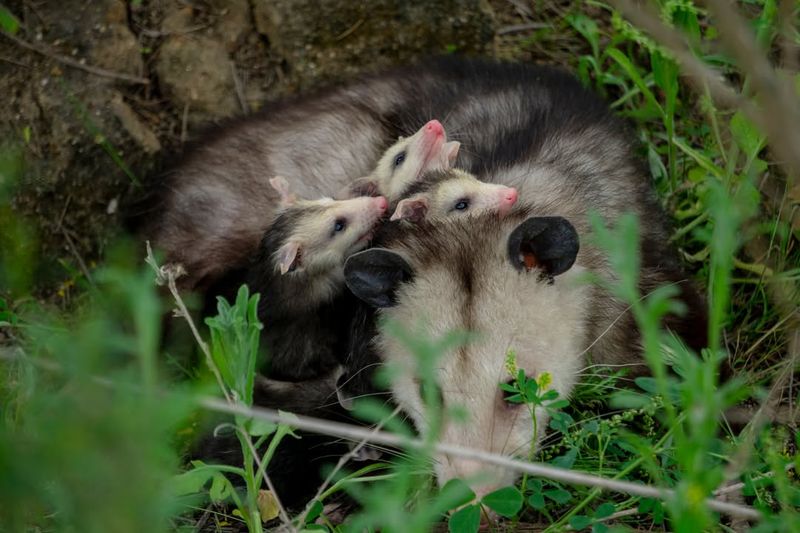
Motion-activated sprinklers offer an effective, plant-friendly way to discourage possums without harmful chemicals. The sudden spray startles them without affecting your Georgia garden plants.
Strategic placement of predator urine (available at garden centers) creates boundaries they rarely cross. My azalea beds remained untouched after applying this method along their perimeter.
Strong-smelling herbs like mint and garlic planted throughout your garden naturally repel possums while enhancing your landscape. These methods preserve both your plants and the possum’s well-being.
6. Tree Dwellers And Yard Management
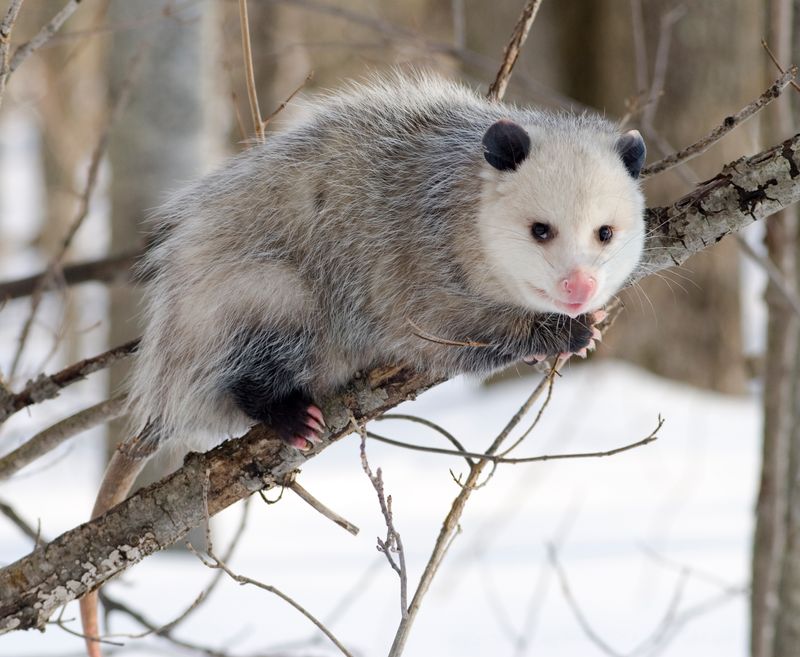
Those hollows in Georgia’s oak and pine trees make perfect possum apartments! Trimming low-hanging branches prevents easy access to roofs while preserving trees’ natural beauty.
Removing fallen fruit under pecan and peach trees eliminates primary food sources that attract them to specific areas. The year I began promptly cleaning beneath my fruit trees, possum sightings decreased dramatically near my house.
Maintaining a 3-foot brush-free zone around structures discourages travel paths without harming your landscape’s ecosystem or requiring removal of valuable native trees.
7. Humane Alternatives To Trapping
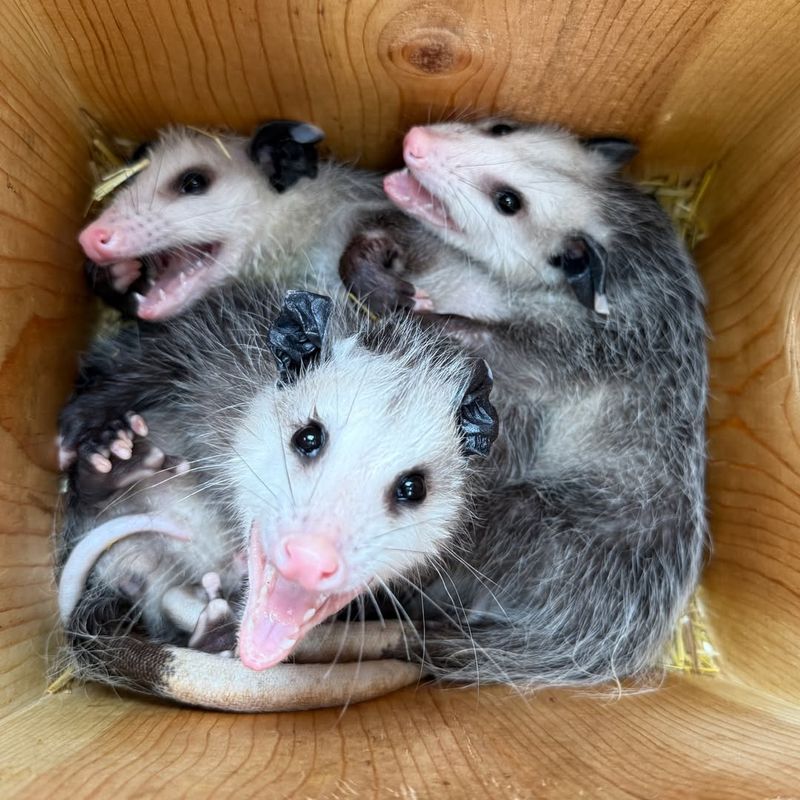
Bright lights discourage these nocturnal visitors without disrupting your garden ecosystem. Solar-powered motion lights installed near problem areas transformed my Georgia backyard experience without harming local wildlife.
Radio playing softly near garden beds creates an environment too unpredictable for comfort-seeking possums. This method saved my vegetable garden without requiring traps or chemicals.
Temporary fencing around specific plants provides targeted protection during vulnerable growth periods. These approaches maintain ecological balance while addressing specific concerns in your Georgia landscape.
8. Creating Wildlife-Friendly Georgia Gardens
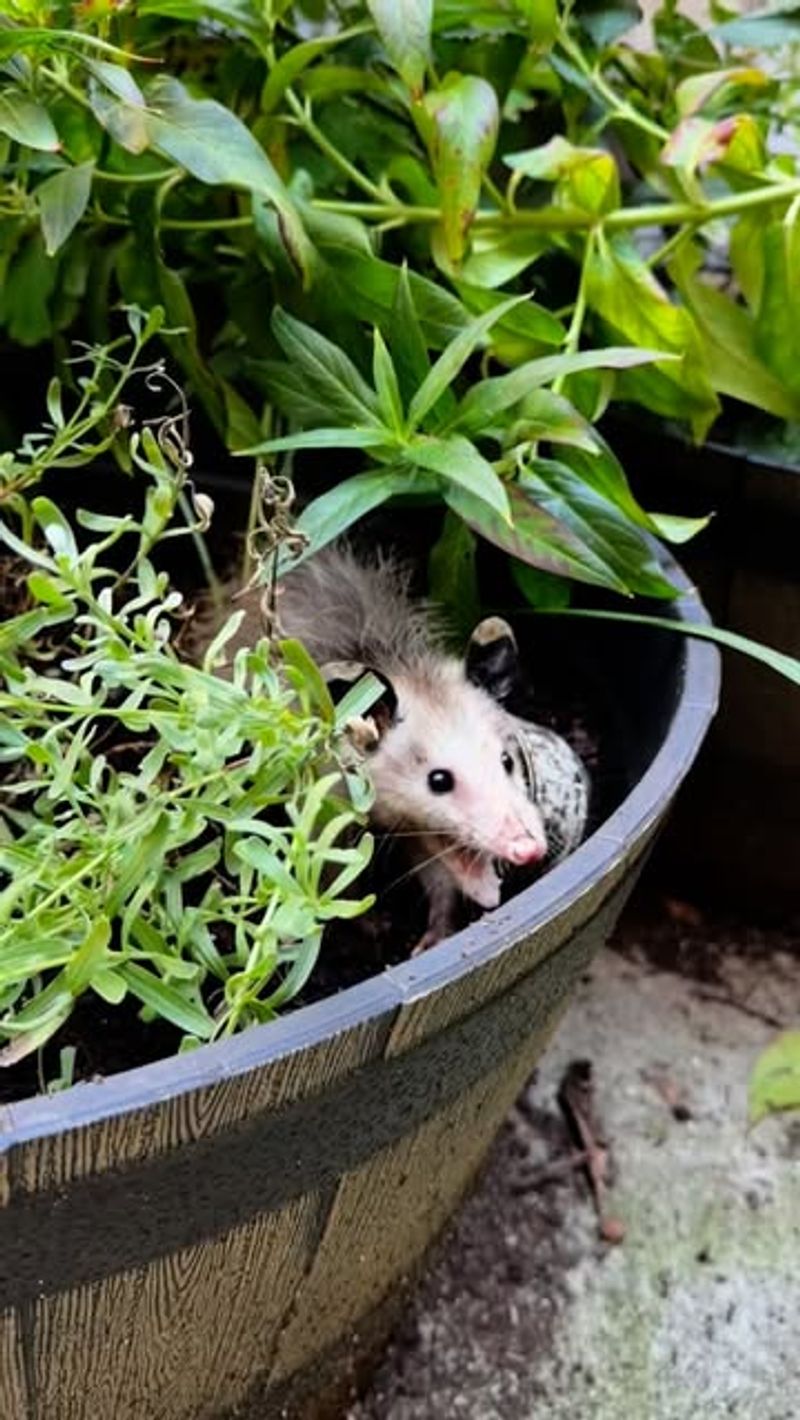
Designated wildlife zones in corner areas of your yard create natural habitats that keep possums away from prized plants. My dedicated wildlife corner with native Georgia plants satisfied their foraging needs elsewhere.
Brush piles located away from gardens provide shelter alternatives to your home or garden structures. Strategic placement of water sources directs wildlife activity to preferred areas.
This balanced approach allows Georgia gardeners to maintain beautiful landscapes while coexisting with native wildlife. The harmony created enriches your garden experience rather than diminishing it.

